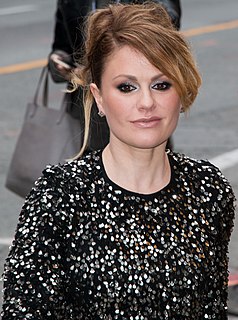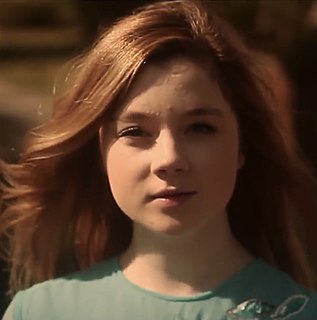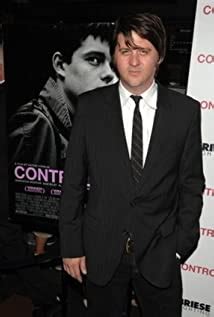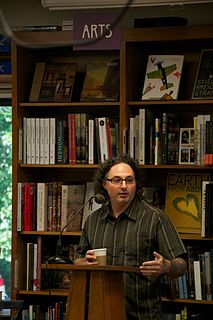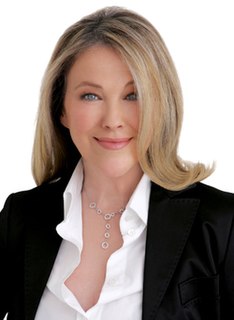A Quote by Anna Paquin
Everyone is usually screwed up in some way and that is usually where the work comes in - figuring out how to make it believable and make it real to present someone's problems that you don't necessarily actually know anything about.
Related Quotes
One of my jobs as an actor, regardless of who I play - even if I'm playing a despicable character - is to make people think that that character could exist, that he's real, and the way to do that is to make him believable. He doesn't have to be likable or charming, but he just has to be believable. That is someone who I could see on a bus. That is someone who I could walk past in the street.
You can learn technological things, you can learn about specific things, but the real problems that people deal with in any subject, existential subjects or romantic subjects, you never learn anything. So you make a fool of yourself when you're 20, you make a fool of yourself at 40, at 60 at 80. The ancient Greeks were dealing with these problems. They screwed up all the time. People do now.
In America we've spent over a billion dollars on autism research. What have we got for that? We've not seen anything that's appreciably impacted the quality of life of autistic people, regardless of their place on the spectrum. Quite frankly, we've spent $1bn figuring out how to make mice autistic and we'll spend another $1bn figuring out how to make them not autistic. And that's not what the average person wakes up in the morning aspiring to. They think: am I going to be able to find a job, to communicate, to live independently, either on my own or with support? Those are the real priorities.
I am a director and I think actually they're not that different - dramas and docs aren't that different. When I'm doing a drama I'm trying to make things feel as believable and real as possible. The hair, the make-up, the costume, the design, you're trying to make it authentic. And when you've got a documentary it's all authentic, so what story are you going to tell and how do you make it dramatic and exciting? It's the same thing.
Tonally, there was no discussion; I just don’t know any other way to do it. I don’t want to make people feel bad, and I don’t want to make their problems into a joke. I do love telling people when they’re right and wrong, but for the most part, it was always going to be about real fights where people have a real difference of opinion and a real dispute. I want to make jokes, but I also want to make a decision that is fair.
Everyone needs some trial and error figuring out how it's gonna work for them. I could have gotten that out of the way a little sooner but I think you're totally right, the way I kind of think about things and the way I wanted to put myself out there doesn't fit the traditional side of things. I needed things like podcasts and YouTube and things that allow you to get it out there yourself and stand in the flames.
There was always this sort of weird process in the development and pre-production, thinking, 'How do we get the studio tracks that Joy Division recorded that are so clean and pristine but sound rough and live and how do we get the live versions to actually sound clear enough so you can make out what they're saying?' That was sort of the frustration with Anton Corbijn and myself, figuring out how we make that work.
What I am most proud of with the book On to the Next Dream is how I turned an intensely emotional experience into art. Anyone can run up to a rooftop, tear off their clothes, and scream about how screwed up the world is. But for the people down below, all they see is a person losing their mind. I wanted to make something that channeled that emotion in a way that elicited an empathetic response from the reader. So that after you read this book, you would want to run up to the rooftop and scream about how screwed up the world is.
